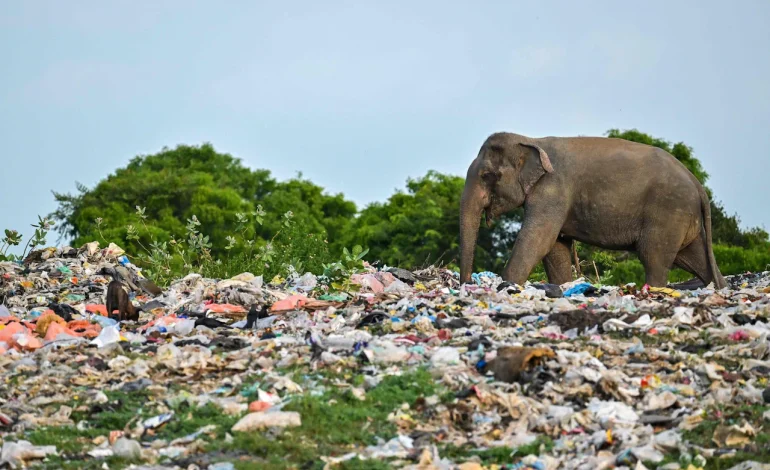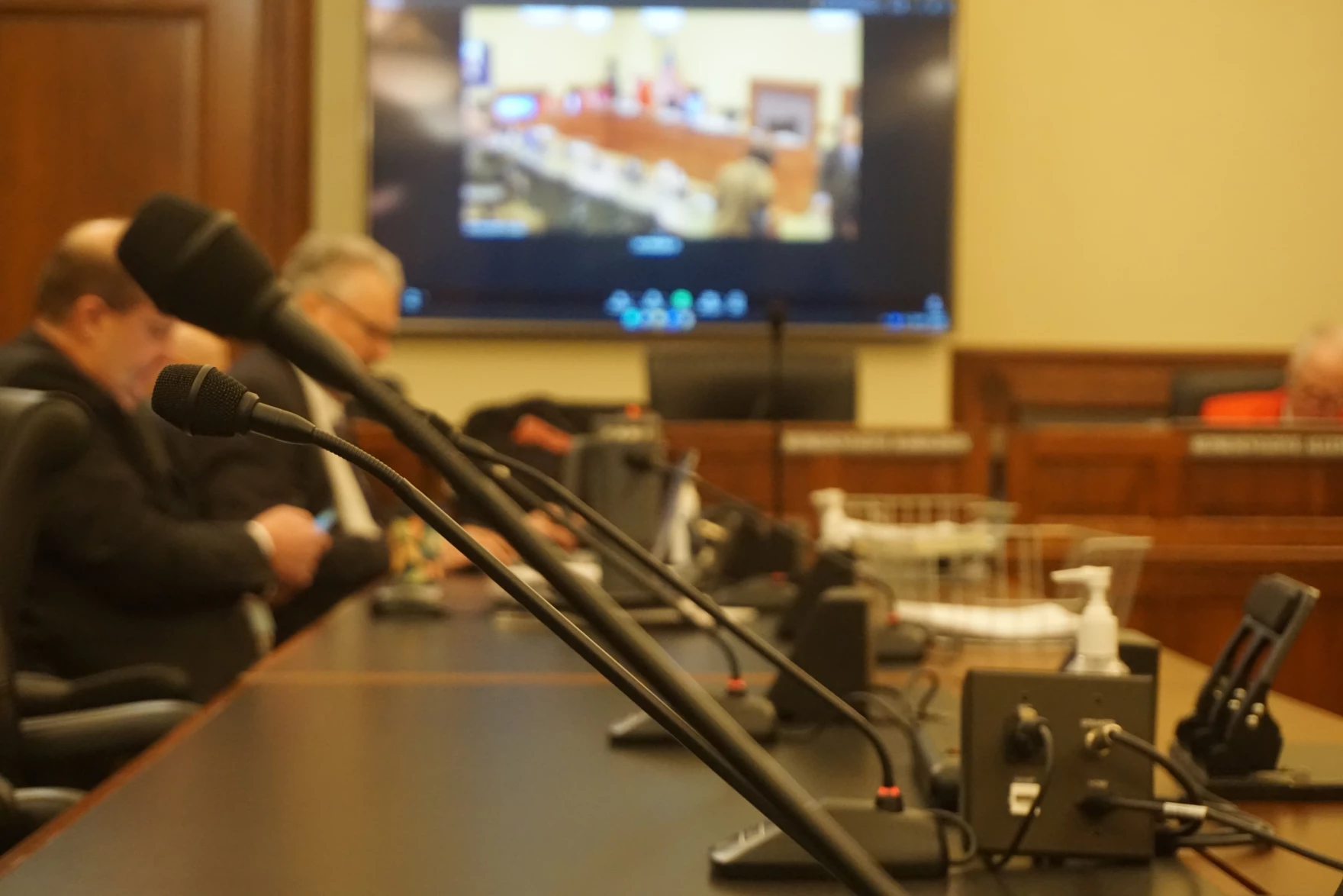The Hidden Human Cost of Plastic: A Deep Dive into Our Disposable Culture

Plastic has long been seen as a symbol of convenience and progress—lightweight, durable, and cheap, the Telegraph reports.
But a new book by journalist Saabira Chaudhuri, Consumed, explores the darker side of this once-revolutionary material.
From fast-food wrappers to shampoo sachets, plastic has not only transformed consumer culture but has also left a lasting—and potentially harmful—impact on the environment and human health.
At the heart of Consumed is the story of plastic packaging: a topic that, while seemingly narrow, opens a window into broader social, environmental, and scientific issues. Chaudhuri traces the journey of plastics from their origins as substitutes for ivory and tortoiseshell in the 19th century to their explosion in popularity following World War II. Plastics were once even considered an environmentally friendly choice—stronger and less resource-intensive than paper, and capable of preserving wildlife by reducing demand for natural materials.
However, the culture of disposability soon followed. By the 1960s, the industry openly celebrated single-use plastic products. Companies like McDonald’s adopted polystyrene containers en masse, and landfills became clogged with packaging once thought to break down naturally. In reality, landfill waste often becomes mummified, not decomposed.
Over the decades, plastic’s reach extended far beyond landfills. It now pollutes oceans, rivers, and ecosystems. Public concern has grown, particularly since a viral 2015 video showing a turtle with a plastic straw lodged in its nose. This moment reignited global attention on plastic waste and its impact on wildlife.
Despite these concerns, Chaudhuri argues that industry responses have largely focused on making plastics appear more environmentally friendly through recycling initiatives. Yet recycling plastic remains highly inefficient. Many forms, especially single-use items like plastic sachets, are nearly impossible to process due to their size and contamination. As a result, these efforts often serve more as public relations strategies than meaningful solutions.
Perhaps the most alarming revelations in Consumed come from research into microplastics—tiny plastic particles now found in salt, teabags, beer, and increasingly, the human body. Recent studies have detected microplastics in human blood, lungs, breast milk, placentas, and even the brain. A 2024 report in the New England Journal of Medicine linked their presence to heightened risks of strokes and heart attacks.
Chaudhuri’s chapter on plastic sachets is particularly striking. Originally developed in India as a low-cost solution for distributing small quantities of products, sachets are now ubiquitous. In 2021 alone, India sold nearly 41 billion shampoo sachets—99% of which could not be recycled. Their tiny size, low value, and high contamination levels make them essentially unrecoverable.
Throughout Consumed, Chaudhuri presents a clear-eyed analysis of how business interests, regulatory shortcomings, and public expectations have created a world saturated with plastic. She interviews stakeholders across the spectrum—scientists, corporate leaders, environmental activists, and policymakers—offering a nuanced view of a global issue.
While the effects of plastic on the environment have been widely discussed, Consumed turns the lens inward, highlighting the emerging evidence that plastics may be affecting human health in ways we are only beginning to understand.
Rather than assigning blame, Chaudhuri invites readers to consider how society might move beyond a culture of disposability.









The latest news in your social feeds
Subscribe to our social media platforms to stay tuned